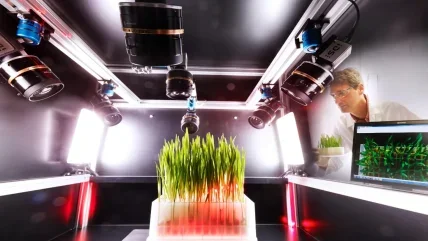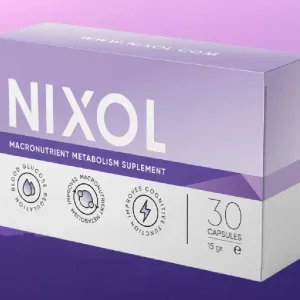
Life science company Bayer has signed an exclusive product licensing agreement with Pairwise, a genetics-based food and agtech startup, for the latter’s CRISPR food.
CRISPR food is a leafy greens combination, edited with CRISPR for improved flavour. It was launched last year in North America.
The product is said to have higher nutritional content in contrast to lettuce. These leafy greens represent a blend of versatile mustard green varieties, edited using Pairwise’s proprietary Fulcrum Platform.
The agtech startup has innovated food for customers seeking a milder flavour profile without compromising on the nutritional benefits of mustard greens.
The deal is part of Pairwise’s plans for the next phase of commercialisation of the food.
Under the product licensing agreement, both companies will further develop and sell the products at scale.
The life science firm gets the right to develop and commercialise 10 varieties of Pairwise-edited greens.
Additionally, Bayer has the right to develop and breed new varieties with the technology.
Pairwise co-founder and CEO Tom Adams said: “We’re extremely proud to have introduced the first CRISPR food in North America last year, demonstrating our ability to deliver a unique product that people want to buy.
“Bayer is a strong partner for this licensing agreement with considerable market reach that we feel can extend the impact and success of our first consumer product widely into the marketplace.”
The agreement is part of Bayer’s new open innovation approach that aims to use opportunities for genome-edited fruits and vegetables.
Under this, the life science company also partnered with South Korea-based biotech company G+FLAS to develop genome-edited tomato varieties that are nutritionally enhanced with vitamin D3.
The deal is also intended to develop seeds for a broader variety of tomato products using genome editing techniques.
Bayer vegetables research and development head JD Rossouw said: “Great innovations need great minds and the power of many.
“This is why we are seeking to partner with academic researchers and companies to develop new fruit and vegetable products that have increased nutritional content, positive environmental impact, or enhanced consumer appeal by harnessing the speed and precision of genome editing and new breeding techniques.”






